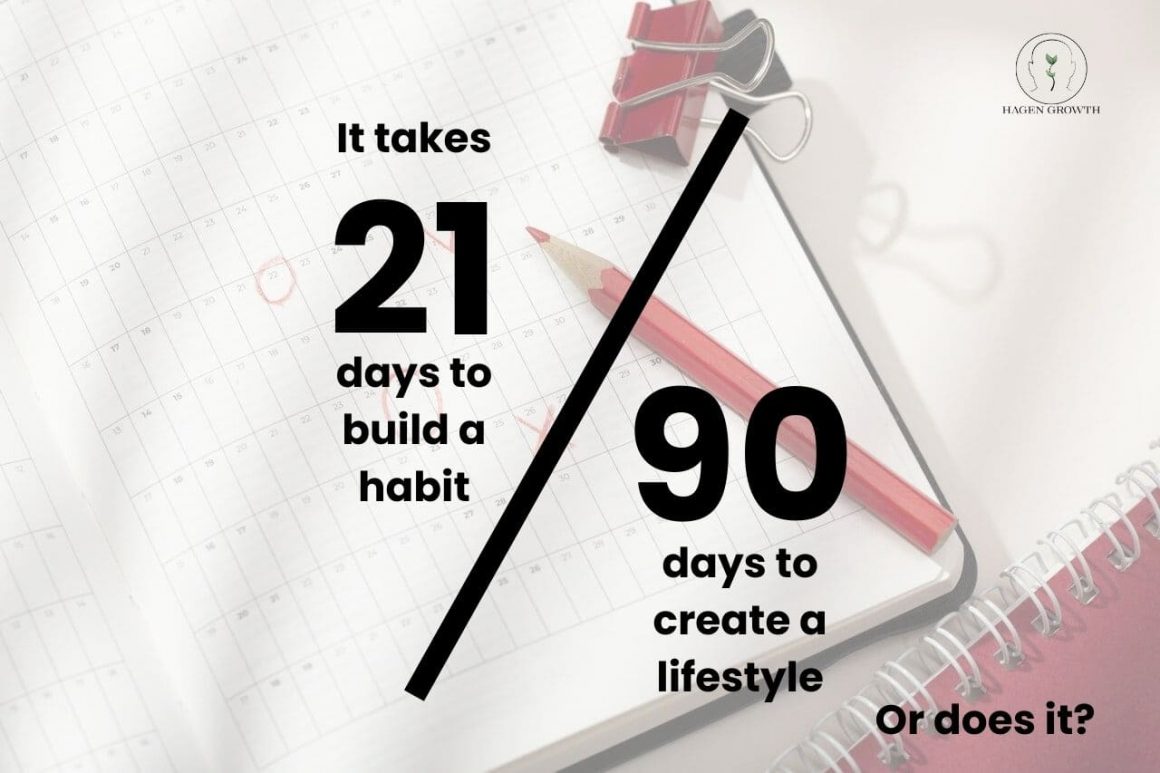When it comes to modern dating, everyone has their own set of rules. One of the most debated yet popular is the “3-month rule.” This rule suggests waiting three months before making any serious commitments in a new relationship. But does it really change anything, or is it just another dating myth?
The Origin of the 3-Month Rule
The 3-month rule, much like many dating norms, has murky origins. Some say it stems from the idea that it takes around 90 days to truly get to know someone beyond the initial infatuation. Others believe it’s a timeframe derived from pop culture and romantic comedies, where characters often undergo significant relationship milestones within this period. Regardless of its origin, the rule has been embraced by many as a guideline for navigating new relationships.


What Happens in Those First Three Months?
The first three months of a relationship are often called the “honeymoon phase.” This is when everything feels new and exciting, and both partners are usually on their best behaviour. You’re more likely to overlook minor annoyances, and the focus is on enjoying each other’s company.
During this period, people generally try to impress their partner. You’re both figuring out if there’s a real connection beyond physical attraction. This phase can be exhilarating but also misleading, as everyone tends to put their best foot forward.


Benefits of the 3-Month Rule
Clarity and Understanding: The 3-month rule provides a buffer to assess compatibility without the pressures of a serious commitment. It allows both individuals to observe each other’s true personalities, habits, and quirks that might not be immediately apparent.
Avoiding Hasty Decisions: By taking things slowly, there’s less risk of making impulsive decisions that you might regret later. Rushing into a relationship can lead to overlooking red flags or ignoring potential deal-breakers.


Building a Strong Foundation: Relationships built on a solid foundation of friendship and mutual respect tend to last longer. Three months can help establish this foundation before going into a deeper commitment.
Self-Reflection: This timeframe also allows for personal reflection. Are you genuinely interested in the person, or are you caught up in the excitement of a new romance? The three months give you time to differentiate between fleeting infatuation and a deeper connection.
The Downside of Waiting
However, not everyone agrees with the 3-month rule. Critics argue that:
Unnecessary Pressure: The rule can create undue pressure to reach certain milestones by a specific timeframe. This pressure can lead to anxiety and unnecessary stress in the relationship.
Artificial Timelines: Every relationship is unique, and imposing a rigid timeline might not suit everyone. Some couples naturally progress faster, while others take more time to build a connection.
Missed Opportunities: Waiting too long might lead to missed opportunities. If one person is ready to move forward while the other is sticking strictly to the 3-month rule, it can cause frustration and misunderstandings.
False Security: Following the rule might give a false sense of security. Just because a relationship lasts three months doesn’t mean it’s destined for long-term success. True compatibility requires continuous effort and communication.
Real-Life Perspectives
To understand the impact of the 3-month rule, we reached out to a few people who have navigated this timeframe in their relationships.
Nkem, 28: “I followed the three-month rule with my boyfriend, and it worked wonders. We took our time getting to know each other, and by the end of three months, we were both sure about our feelings. It helped us build a strong foundation.”
Kevin, 35: “I think the 3-month rule is overrated. My girlfriend and I hit it off right away, and we moved in together after just two months. We’ve been together for three years now. Sometimes, you just know.”
Emmy, 25: “I used to believe in the 3-month rule until I realized it was causing more stress than necessary. Now, I focus on open communication and mutual understanding rather than sticking to arbitrary timelines.”
So, Does It Change Anything?
The answer is both yes and no. The 3-month rule can provide valuable reflection and understanding time, helping avoid rash decisions and build a strong relationship foundation. However, it’s essential to remember that every relationship is unique, and rigid rules might not apply to everyone.
Ultimately, the success of a relationship depends on open communication, mutual respect, and genuine compatibility. Whether you choose to follow the 3-month rule or not, what matters most is that both partners are on the same page and willing to invest in each other.













